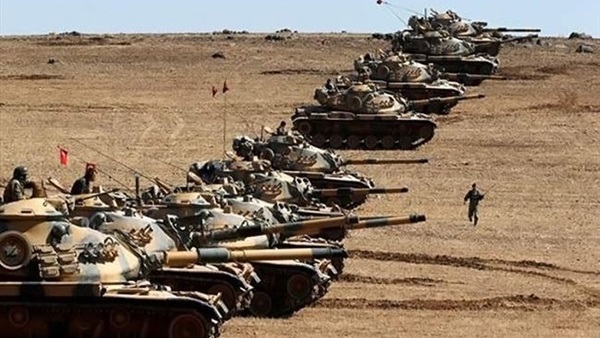Iran's influence in the Balkans threatens Europe's stability

By Nahla Abdel Monem
Iran seeks to expand its influence in the
Balkans, opening the way for the expansion of Shiite militias, particularly
Hezbollah, in Europe. The Iranian endeavors undermine efforts of the Balkan
countries to join the European Union.
Iran trained militants and provided them
with arms during the Bosnia Herzegovina war between 1992 and 1995. After the 1995
Dayton Agreement, which put an end to the Bosnian war, Iran opened a huge
embassy in Sarajevo.
Iran maintained strong ties with Bosnia and
the entire Balkan countries.
However, what would turn Iran's interest to
the Balkans? The Denmark-based Dergipark research center answered that question,
citing corruption and political weakness in the region, which is an attractive model
for Iran's ambitious agenda and its military arms, i.e. Hezbollah.
The research center said in a study that the
Iran's diplomatic expansion in the region is part of a strategy to strike a balance
in the face of international pressures regarding its nuclear program.
The study said that Iran's diplomatic,
cultural and investment activities are carried out under full supervision of
Iran's intelligence agency, citing that the Balkan region is strategic for
Tehran.
Iranian-backed foundations in the region
include Qur'an Foundation of Kosovo (founded in 2002). An Express Channel
report said the Qur'an Foundation of Kosovo is more like a headache to Europe,
citing the extremist approach Iran seeks to spread in the region through this
foundation.
The foundations also include Firdeusi
Institute, which promotes the Shiite sect in Albania.
Socioeconomic factors like poverty as well
as extremist trends in the region double Iran's threat to the region.









